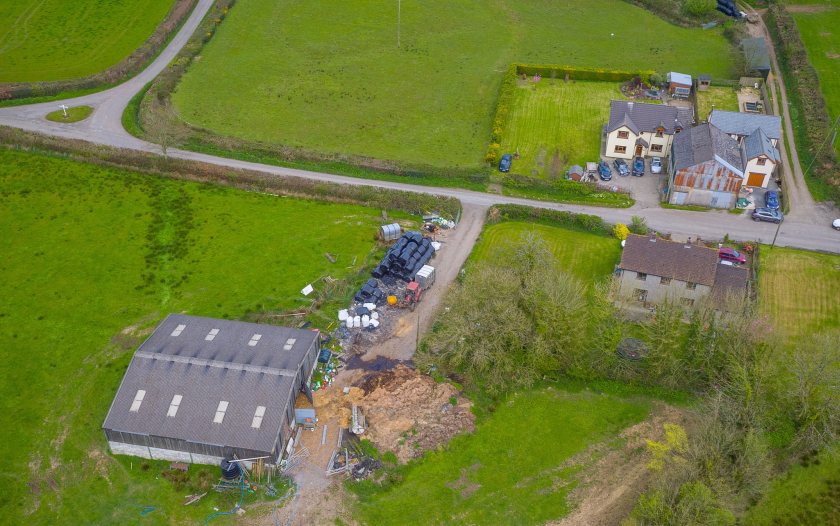New report exposes dire impact of inheritance tax on family farms

The NFU has warned that farms face financial ruin unless the Treasury rethinks its 'destructive' inheritance tax changes, following stark findings in a new report.
The government must urgently reconsider its controversial changes that could, according to the Family Businesses UK report, devastate family farming businesses.
It warns that reforms to agricultural property relief (APR) and business property relief (BPR) announced in the 2024 budget may trigger severe consequences for rural enterprises.
The report estimates that the changes could cost the Treasury £1.9 billion by 2030 and force 60% of farms to cut investment by more than 20%.
More than 200,000 full-time jobs could also be under threat in the next five years due to the tax overhaul.
The study also forecasts a £14.8 billion blow to gross value added (GVA) in the wider economy.
It was compiled by independent consultants at CBI Economics and adds to growing concern among industry bodies about the unintended consequences of the new inheritance tax approach on family-run farms.
As part of it, the government plans to impose a 20% tax on inherited agricultural assets valued over £1 million – half the standard rate – from April 2026.
NFU President Tom Bradshaw said the the reforms was a 'punitive family farm tax', adding that the potential consequences of it were 'catastrophic'.
He said: “FBUK’s new report shows only too clearly the catastrophic impacts on family farming businesses across the UK of this government’s punitive Family Farm Tax.
"This report must serve as a wake-up call to Treasury, or we face major cuts to investment and significant job losses."
Mr Bradshaw added that the NFU was eager to be a constructive partner and understood the fiscal challenges the government faced.
However, he stressed that Labour's proposed policy was "flawed, badly thought-out, and destructive."
To address the issue, several industry bodies have proposed an alternative in the form of a clawback mechanism.
This would allow for the full 40% inheritance tax to be applied only if inherited farming assets are later sold. However, Number 10 recently declined to consider it.
“It is not too late for Treasury Ministers to listen, to do the right thing, and change direction, for the sake of farming and the wider economy," said Mr Bradshaw.
“Acting now would also remove the abhorrent untold human impacts which we have warned about and are tragically starting to come to light.”
Last month, a cross-party committee of MPs called on the government to delay its reforms to avoid harming family farms and restore trust in British agriculture.
The EFRA Committee urged ministers to delay final decisions on APR and BPR reforms until October 2026, with changes taking effect from April 2027.








